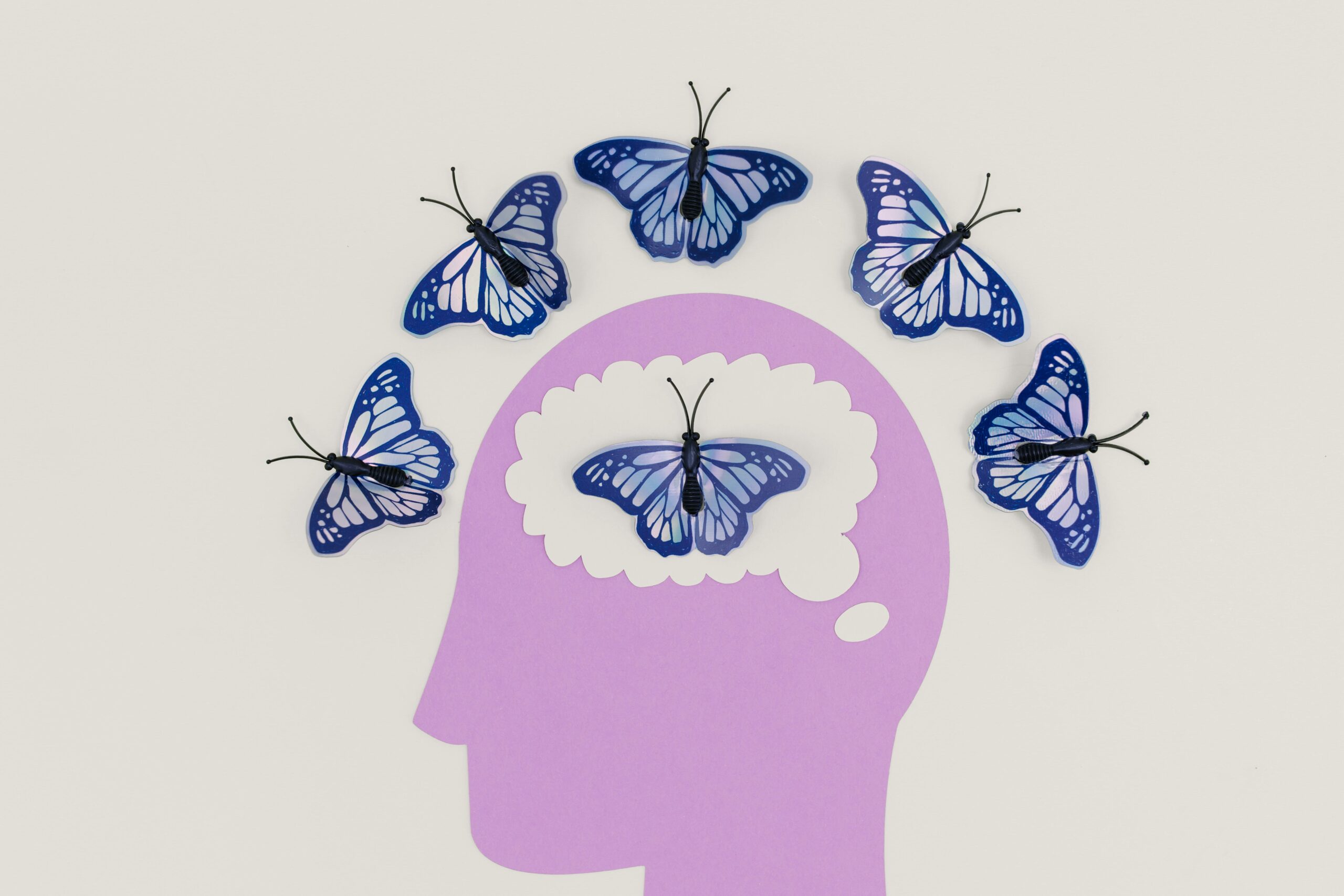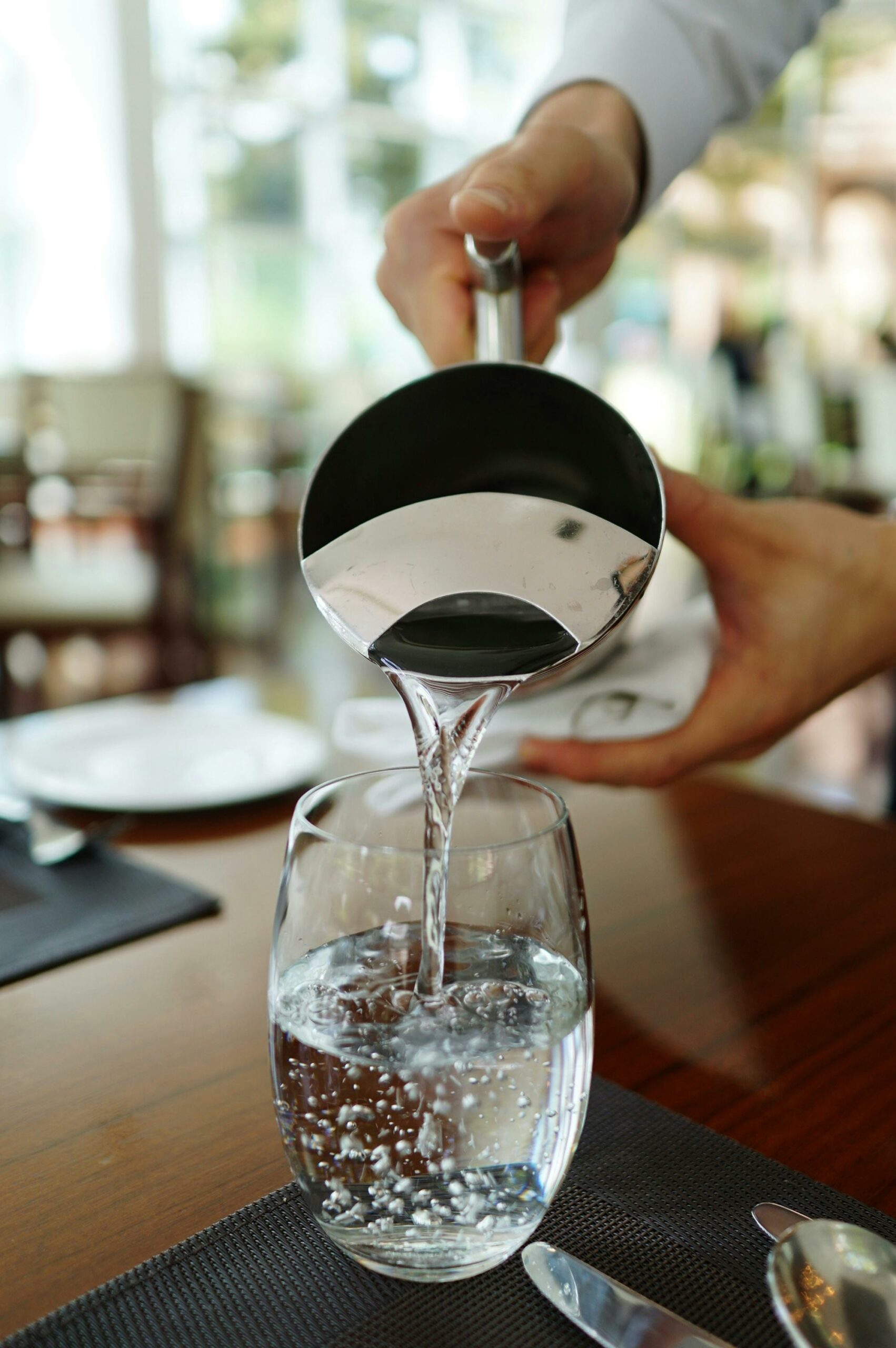Tips on how to Prevent a Stroke
Category: Healthy Heart

Did you know that ischaemic heart disease and stroke are the world’s biggest killers, accounting for a combined 15 million deaths? These diseases have remained the leading causes of death globally in the last 15 years. In researching this topic I came across a great site developed by the National Stroke Organization that is a Stroke Risk Scorecard ~ fill it out and see where you are regarding your own vulnerability to having a stroke.
According to this organization, 80% of strokes are preventable. Understanding how to reduce your risk is very important. Go to this link to learn more ~ it includes such information as the importance of knowing what your blood pressure is – often called “the silent killer” ~ a person can have high blood pressure and never have any symptoms. If left untreated, high blood pressure can lead to life-threatening medical problems such as stroke, heart attack or kidney failure.
Here are some more tips for you:
- Are you taking a statin and suffering from sore muscles? Oftentimes a patient who has been prescribed a statin such as Lipitor to lower his cholesterol finds himself suffering from sore muscles, which makes him less apt to exercise. According to Hyla Cass, M.D. in her book, Supplement Your Prescription this muscle fatigue is the result of Lipitor’s interfering with the production of coenzyme Q10, the nutrient required by every cell of the body to transform carbohydrate and fat into energy, in the many “energy-producing factories” called mitochondria; and that the same mechanism Lipitor employs to lower cholesterol also lowers production of CoQ10.
- Although CoQ10 is found in many foods, mostly meats, vegetable oils (including soybean), fish, nuts, and some vegetables, the daily intake of the average person through diet is only 5 mg – a fraction of the amount usually taken in supplement form (30 to 300 mg) A good supplement of CoQ10 helps in this instance. According to Dr. Cass research shows that the antioxidant, blood-thinning effect of CoQ10 in supplement form plus a statin, reduce heart disease risk better than the drug alone. Starting both the CoQ10 supplement and the statin together can prevent depletion entirely. Check out my post all about this amazing supplement here.
- Dr. Cass also reminds us that recent research has pointed out that the cause of heart disease is not cholesterol but inflammation, caused by excess intake of sugar and other simple carbs like those amazing crusty white dinner rolls that are immediately set in front of us when we dine out!. The inflammation leads to insulin resistance, weight gain, diabetes, and heart disease. We all know that fat cells in the belly (called visceral fat) create a lot of inflammation and if one is insulin resistant or diabetic, the state of high insulin and high blood sugar is creating even worse inflammation which creates plaques in the blood vessels that feed the muscular walls of the heart, which in turn, drastically increases your risk of having a heart attack.
- Concentrate on those Omega 3 fatty acids by avoiding processed foods and fast foods. Most people in America eat too many trans fats and other bad fats, while they are missing the essential Omega-3 fatty acids. Almonds and walnuts and flaxseeds also are a great choice. Consider supplementing with quality Omega-3 if you are not getting enough or if you are not always eating as well as you should.
- Sitting too much is not good for your heart. Try to move your body every day. When you exercise, your heart pumps blood with more pressure. This pressure causes the lining of your arteries to release nitric oxide. Nitric oxide then relaxes your blood vessels, allowing more blood to flow through your body which is a good thing! Get a fitness watch and track your movements to stay motivated.
- Too much stress can be very detrimental and learning to manage it is an essential component of heart (and general) health. That exercise we just suggested is a great start to reducing stress. Check out my post about “forest bathing” which can help accomplish this as well (and gets us away from computer and cell phones).
- Are you carrying extra pounds? Even just losing 10 pounds can help your heart. Did you know that your waist size is strongly associated with heart health? Look for a weight loss program that gives good support and easy to follow as well as helps you maintain lean body mass.
- In summing this up, taking a simple lab test that measures levels of C-reactive protein (CRP – an important risk factor for heart disease) should be a standard part of any evaluation for cardiovascular disease. One interesting tip by Dr. Cass ~ a former NASA physician and astronaut, Duane Graveline, wrote Statin Drugs: Side Effects and The Misguided War on Cholesterol ~ he lectures around the country to warn others of this dangerous side effect of statins. A visit to his website will give you lots of good information on the subject. Enjoy!



Facebook Comments